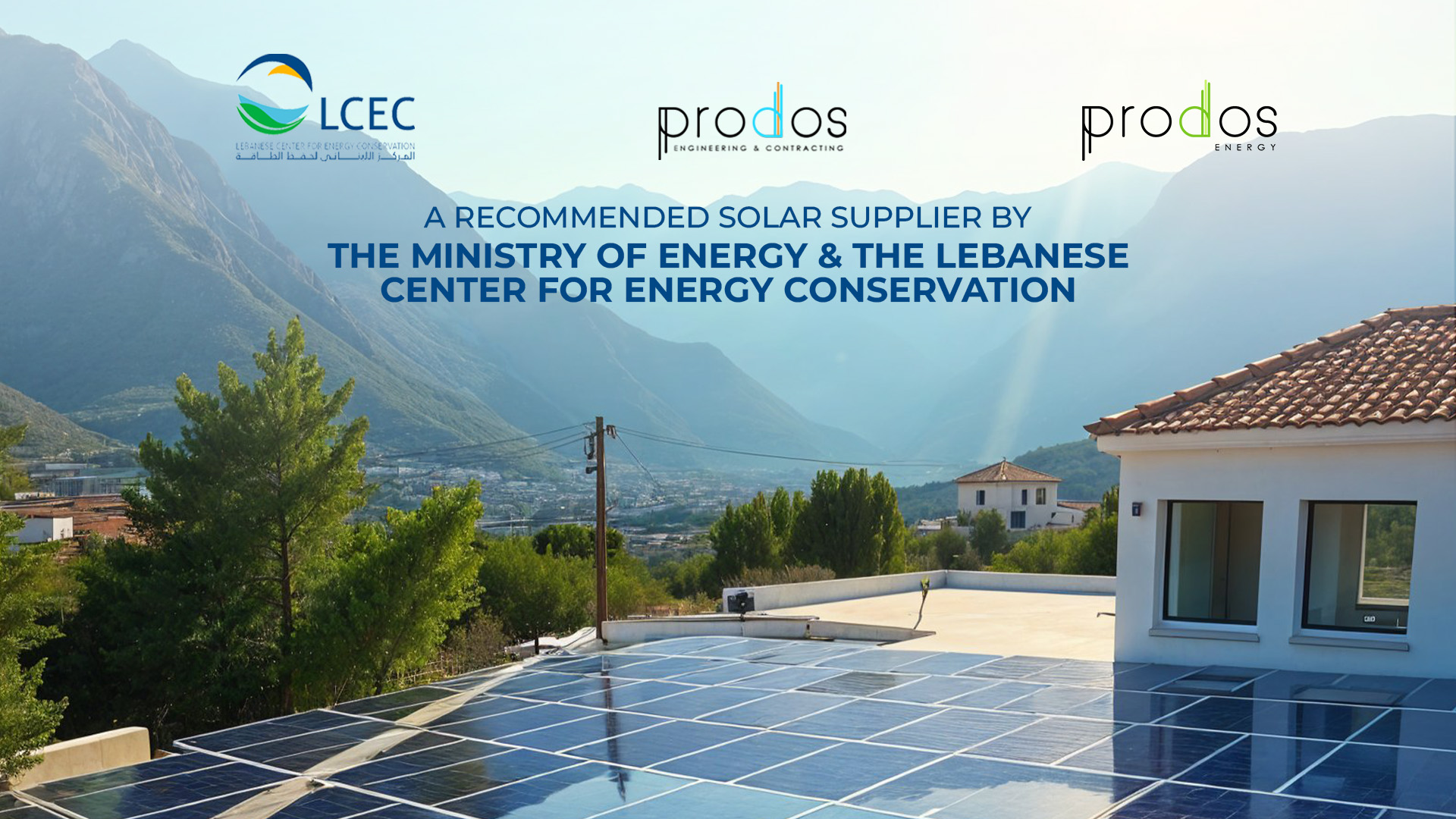Sustainable Urban Drainage Systems (SUDS) are a set of water management practices designed to mimic natural water processes, offering environmentally friendly solutions to urban drainage challenges. As cities grow, the need for effective water management has become more pressing, especially in light of increasing concerns about climate change, flooding, and the health of natural ecosystems. SUDS align with green infrastructure strategies, aiming to manage surface water in ways that improve water quality, reduce flood risks, support biodiversity, and enhance urban spaces for people.
SUDS are designed to manage the quantity and quality of water runoff in urban areas, providing an alternative to traditional drainage systems that often result in environmental harm. They work by allowing water to be absorbed, filtered, or stored in a way that mimics the natural processes found in undeveloped areas. By doing so, they help reduce the risk of flooding, prevent water pollution, and improve the overall urban environment.
These systems are a part of a larger strategy to incorporate nature into urban planning. SUDS include various techniques such as rain gardens, permeable pavements, swales, green roofs, and detention basins, all designed to reduce the burden on traditional drainage systems while enhancing the urban landscape.
Urban areas typically rely on two types of drainage systems. In Combined Systems, both surface water and wastewater (from homes and businesses) are collected in the same sewer pipes. During heavy rainfall, the increased volume of water can overwhelm the system, causing it to overflow. This can result in untreated sewage being discharged into rivers and other bodies of water, posing significant environmental and public health risks.
In Separate Systems, it separates surface water runoff from wastewater. When it rains, the rainwater, often mixed with road pollutants, is directed into separate pipes and carried to a nearby waterway. While this reduces the risk of sewage contamination, it can still contribute to water pollution, particularly in urban areas where runoff may carry pollutants such as oil, chemicals, and heavy metals.
As urban development has expanded, our understanding of its impact on the natural environment has evolved. Increased impervious surfaces, such as roads and buildings, prevent water from being absorbed into the ground, leading to greater surface water runoff. This runoff can overwhelm drainage systems, contribute to flooding, and lead to the pollution of rivers and lakes. In response, SUDS have been developed as a more sustainable approach to managing these challenges.
Sustainable Urban Drainage Systems (SUDS) are a key component of modern urban planning that aim to manage water runoff, reduce flood risks, and improve environmental quality. These systems offer a more sustainable alternative to traditional drainage methods, supporting not only water management but also biodiversity and urban wellbeing. As concerns about climate change and sustainability continue to grow, SUDS present a vital tool for creating greener, more resilient cities.





.webp)

.webp)
.webp)
.webp)
.webp)
